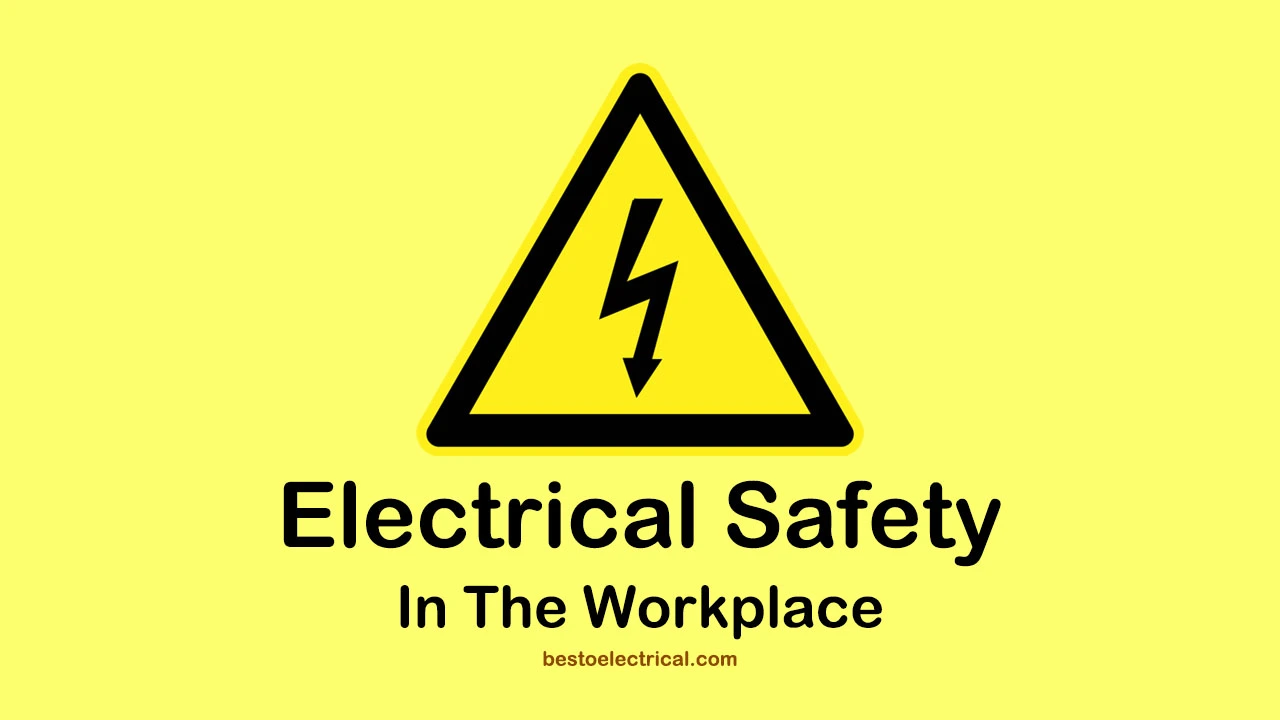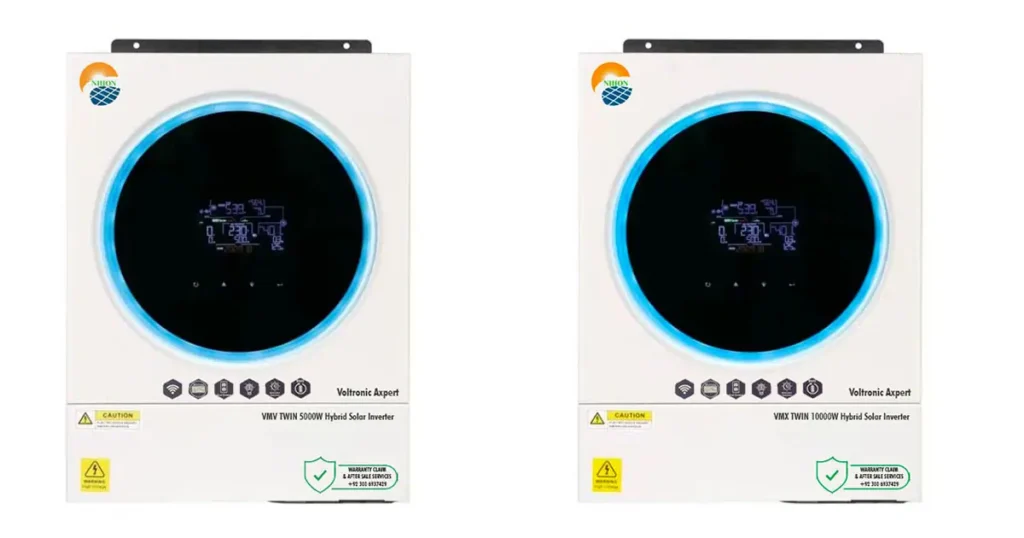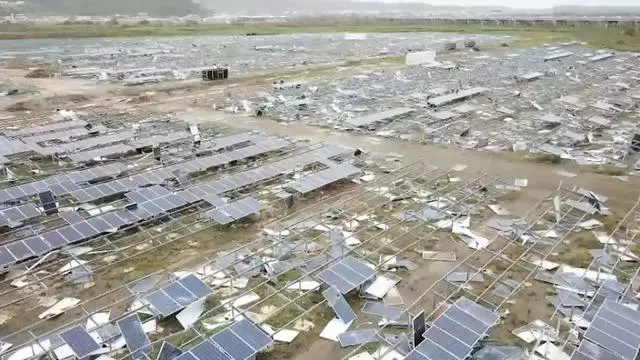Essential Electrical Safety Tips for a Safe Home
Electricity is a part of everyday life, powering our homes and making modern conveniences possible. But with its advantages come risks that, if ignored, can lead to serious injury or property damage. Whether you’re installing a new appliance, using power tools, or just plugging in a charger, electrical safety should always be a top priority. Here’s a guide to help you keep your home safe and prevent electrical accidents.
1. Use the Right Outlets and Avoid Overloading
One of the most common mistakes is overloading outlets or using the wrong type for high-power devices. Here’s what you should know:
- Use GFCI Outlets in Wet Areas: Ground Fault Circuit Interrupter (GFCI) outlets automatically cut power when they detect a fault, which can help prevent electric shock in areas like kitchens, bathrooms, and garages.
- Don’t Overload Power Strips: Plugging too many devices into a single outlet or power strip can cause overheating. Check the wattage of each device, and use outlets designed for heavier loads if needed.
2. Inspect Electrical Cords Regularly
Frayed, cracked, or damaged cords are a leading cause of electrical fires. Make it a habit to inspect cords on appliances and electronics regularly:
- Replace Damaged Cords: Don’t attempt to repair frayed cords with tape; replace them entirely. Damaged cords expose wires, increasing the risk of electric shock and fire.
- Avoid Running Cords Under Rugs: Cords covered by rugs or furniture can overheat or become damaged from foot traffic. Instead, place them where they’re visible and free from pressure.
3. Use Extension Cords Safely
Extension cords are a convenient solution for powering devices, but they’re not meant for permanent use.
- Choose the Right Extension Cord: For high-power devices, choose an extension cord rated for the load. Never connect multiple extension cords together, as this can cause overheating.
- Avoid Using Extension Cords Long-Term: If you need extra outlets, consider having an electrician install additional outlets rather than relying on extension cords, which are best for short-term use.
4. Keep Electrical Devices Away from Water
Water is a conductor of electricity, making it essential to keep electrical devices and cords away from moisture.
- Dry Your Hands Before Using Appliances: Simple but effective, always dry your hands before handling electrical appliances.
- Don’t Use Devices Near Sinks or Tubs: Never place electronics near sinks, tubs, or other water sources. Even a small amount of water can lead to an electric shock.
5. Unplug Unused Devices
Many devices consume electricity even when they’re turned off. Unplugging them not only conserves energy but also reduces the risk of overheating.
- Unplug Appliances When Not in Use: Appliances like toasters, coffee makers, and hairdryers should be unplugged when not in use. This prevents energy waste and potential short circuits.
- Use Power Strips with Switches: For clusters of electronics, use a power strip with an on/off switch so you can easily disconnect multiple devices at once.
6. Teach Kids Electrical Safety
Children are naturally curious, which can sometimes put them at risk around electrical devices.
- Use Outlet Covers: Install plastic outlet covers in unused outlets to prevent children from inserting objects.
- Educate Kids on Basic Safety: Teach kids to stay away from outlets, not to touch plugs with wet hands, and to avoid pulling on cords.
7. Never Ignore Warning Signs
Your home’s electrical system will often give warning signs if there’s a problem. If you notice anything unusual, act quickly.
- Watch for Flickering Lights: Flickering lights or outlets that spark may indicate faulty wiring or overloaded circuits.
- Listen for Buzzing Sounds: A buzzing sound near outlets or switches can signal a wiring issue. In these cases, consult an electrician to diagnose the problem.
8. Hire a Professional for Repairs and Installations
It may be tempting to handle minor electrical repairs yourself, but working with electricity is dangerous if you’re not trained.
- Call a Qualified Electrician: For any repairs, installations, or rewiring projects, hire a licensed electrician to ensure safety.
- Avoid DIY Electrical Work: Attempting electrical repairs without proper knowledge can lead to severe injuries or property damage. Professionals are equipped to handle these jobs safely.
9. Use Surge Protectors for Expensive Electronics
Power surges can damage electronics and shorten their lifespan.
- Invest in Quality Surge Protectors: For valuable electronics like computers and TVs, use surge protectors to prevent damage from unexpected power spikes.
- Consider Whole-Home Surge Protection: If you live in an area prone to storms or power fluctuations, consider installing a whole-home surge protector to protect all devices.
10. Keep Electrical Equipment Maintained
Regular maintenance can prevent unexpected electrical problems.
- Clean Appliances Regularly: Dust can accumulate in electrical appliances and cause overheating. Keep appliances like refrigerators and fans clean and dust-free.
- Check Circuit Breakers and Fuses: If circuits trip frequently, it may be a sign of overload. Have an electrician inspect your circuit breakers or fuses for safety.
Conclusion
Taking simple steps to improve electrical safety in your home can prevent serious accidents and protect your family. By following these tips, inspecting devices regularly, and hiring professionals for any complex repairs, you’ll reduce the risk of electrical hazards and enjoy a safer living environment. Remember, when it comes to electricity, caution is always the best approach.



